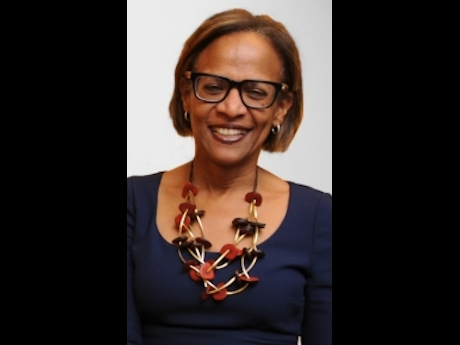

Ms. Therese Turner-Jones
CARIBBEAN ISLANDS should give attention to climate change and disasters, as part of their sustainable development agenda, even as they adjust to life with COVID-19.
“Climate change and disasters must be prioritised,” noted Therese Turner-Jones, Inter-American Development Bank (IDB) country representative for Jamaica, speaking recently during a teleconference hosted by The University of the West Indies, under the theme ‘COVID and the Environment: For Better or for Worse’.
She suggested that the case is well made by a look at the numbers and the impacts of disasters on the region, which is counted among those most vulnerable to climate change.
Between 2010 and 2019, natural disasters, Turner-Jones revealed, have:
As for COVID-19, between March and May this year, it affected a reported 6.3 million people; has been linked to some 46 deaths; and is projected to cause economic contraction of between 5.3 and six per cent.
“Vulnerable groups are always on the front line of any impact. They will continue to be negatively impacted by climate change and natural disasters. We will see increased population displacement and migration flows,” Turner-Jones noted in her presentation which focused on ‘COVID and Climate Change: Two Caribbean Developmental Challenges’.
There are also health impacts with which to contend.
“In terms of health, COVID-19 is obviously one particular manifestation, but we know that climate change has health impacts that are measurable. We see those in vector-borne diseases, like dengue and chikungunya. But we also know that mental health needs to go up,” the IDB representative said.
See full story below.
Published on 02 Jul, 2020